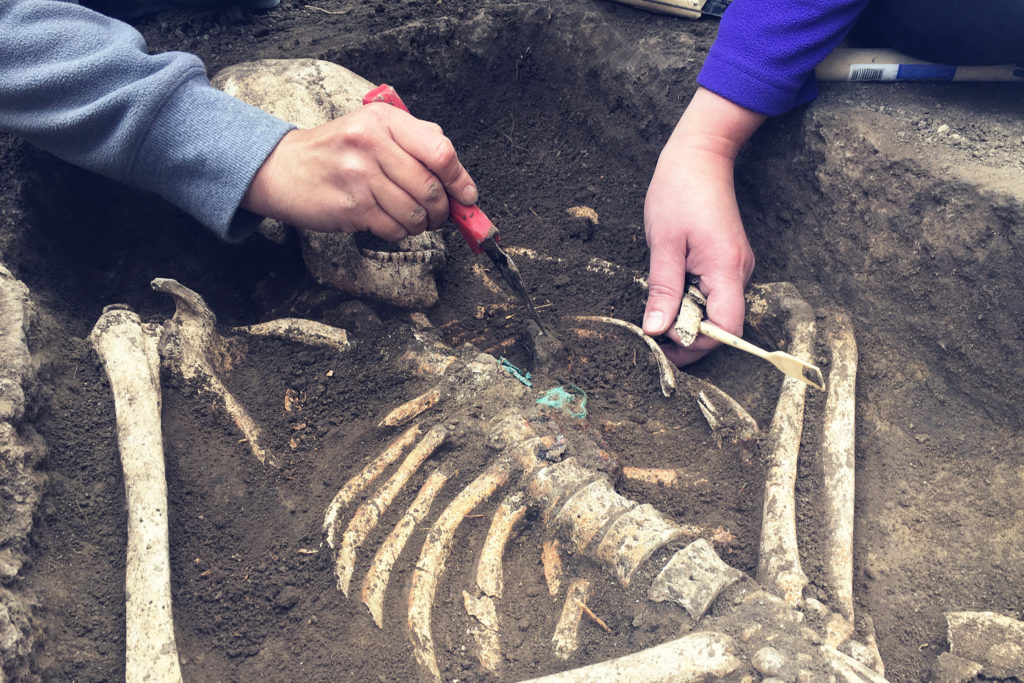


Molecular Machines in the Cell

Darwin, Intelligent Design, and Freedom of Discovery on Evolutionists’ Holy Day
February 12 used to be universally recognized as the birthday of Abraham Lincoln — a day celebrating freedom. Needing a patron saint, Darwinists in recent years have converted February 12 into “Darwin Day.” There’s nothing wrong with celebrating Darwin’s birthday — if that’s what you really want to do. But in recent years the advocacy of evolution has become increasingly associated with attempts to subvert freedom. To reclaim February 12 for those who love freedom, Discovery Institute and others in the intelligent design (ID) movement are calling February 12, 2009, “Academic Freedom Day” (see www.AcademicFreedomDay.com). To be sure, Darwin supported academic freedom. In On the Origin of Species, he openly discussed weaknesses in his arguments and declared that “a fair result Read More ›

Intelligent Design has Scientific Merit Because it Uses the Scientific Method to Make its Claims and Infers Design by Testing its Positive Predictions

Intelligent Design Has Scientific Merit in Paleontology
“What one actually found was nothing but discontinuities. All species are separated from each other by bridgeless gaps; intermediates between species are not observed. … The problem was even more serious at the level of the higher categories.”1 Leading 20th Century Evolutionary Biologist Ernst Mayr Intelligent Design has scientific merit in paleontology because the history of life shows a pattern of explosions where new fossil forms come into existence without clear evolutionary precursors, concurring with design theory’s unique ability to explain the abrupt appearance of new ‘fully formed’ body plans.” Intelligent design (ID) has scientific merit in paleontology because in many instances, it can be applied to the fossil record to detect where design has occurred in the history of Read More ›

Does Intelligent Design Theory Implement the Scientific Method?
